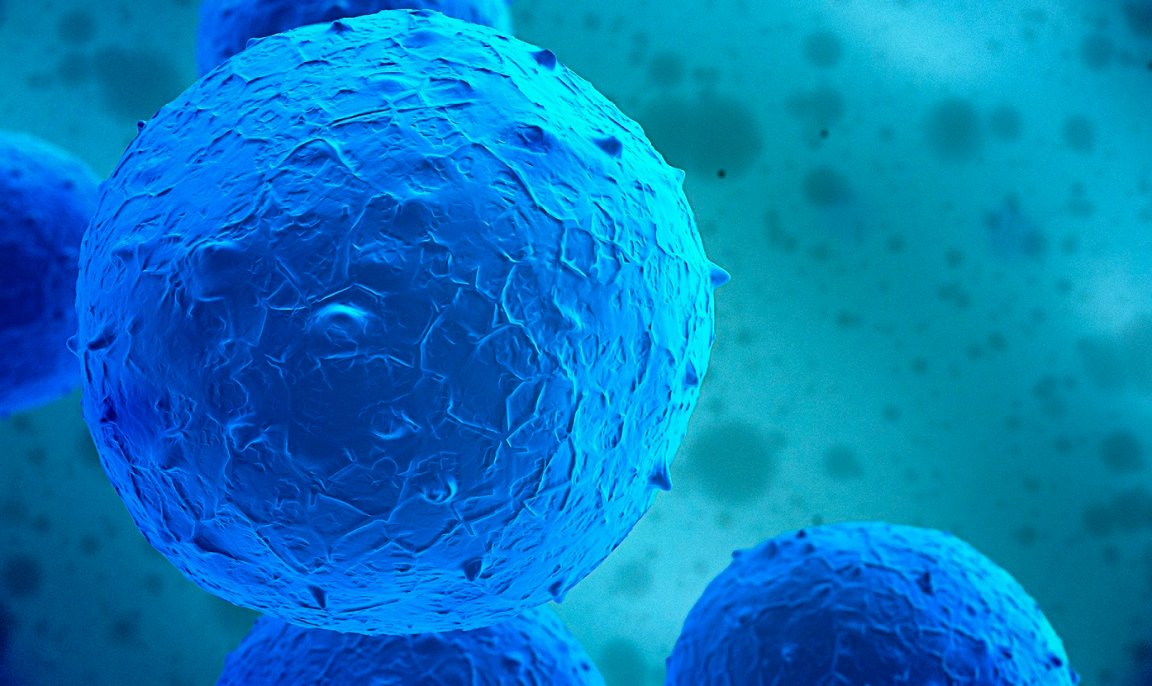
CREATING STEM CELLS
Despite the controversy surrounding stem cells, they represent one of our best options in relation to developing regenerative treatments and designing solutions to a variety of genetic diseases. Now, scientists might have found a brand new type of stem cell.
Called XEN, also referred to as iXEN, it could lead to new insights into birth defects, reproductive problems, and regenerative medicine.
This discovery stems from research into a type of stem cell called pluripotent stem cells. These stem cells have the potential to develop into every cell in the body, which allows researchers to use them for healing various types of tissues. To avoid the ethical ambiguity present in harvesting stem cells from embryos, researchers have been using adult cells.
For use in labs, researchers reactivate embryonic genes within these cells to ‘reprogram’ mature adult cells. Through this, they produce what is known as induced pluripotent stem cells (iPS), and researchers can then control what these cells develop into (allowing for use in a host of therapies and research).
Normally, during the time that an embryo produces stem cells, it also produces what is called XEN cells, which are responsible for making embryonic tissues rather than bodily tissues.
Michigan State University researchers speculated that these cells were also being produced during the process of reprogramming of adult cells into induced pluripotent stem cells.
In their paper at Stem Cell Reports, the scientists studied iPS cultures and discovered that, right beside iPS cells, were iXEN colonies. This proved the evidence needed to demonstrate that reprogramming cells in the lab also produces iXEN cells, just like embryos do.
ONE MAN’S TRASH, ANOTHER’S TREASURE

What is interesting with this new discovery is that it has been staring scientists in the face for years. It’s just that these iXEN cells were considered “garbage” and often discarded during the production of stem cells. “Other scientists may have seen these cells before, but they were considered to be defective, or cancer-like,” said Tony Parenti, the study’s lead author.
The team studied mice models to ensure that these iXEN cells weren’t cancer-like. In the process they also found that they could modify XEN genes inside the adult cells to ramp up the creation of iPS cells and minimize production of iXEN cells.
This discovery could allow future researchers to produce iPS cells in vaster quantities and in an easier process.
Another possible benefit of the research is that it could provide a new method of studying birth defects, since XEN cells are involved in the production of tissues at the early stage of embryonic development. Other scientists could utilize the discovery to produce iXEN cells and investigate its role in such defects.